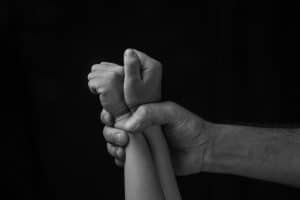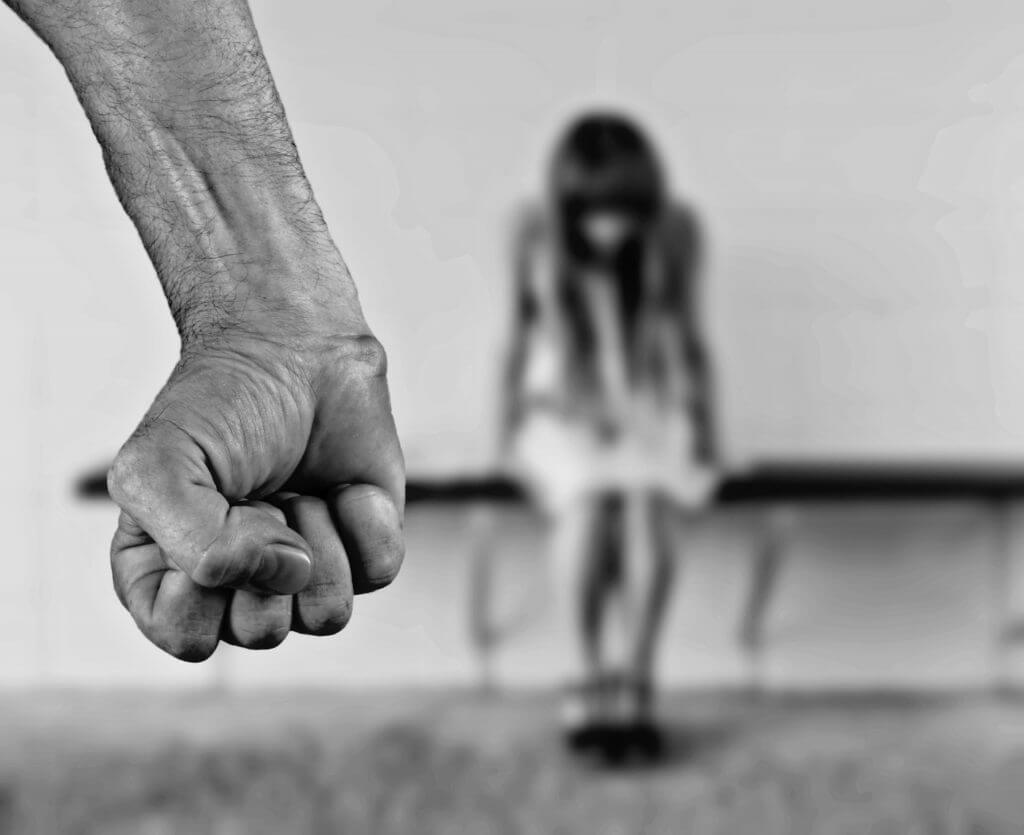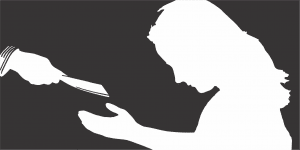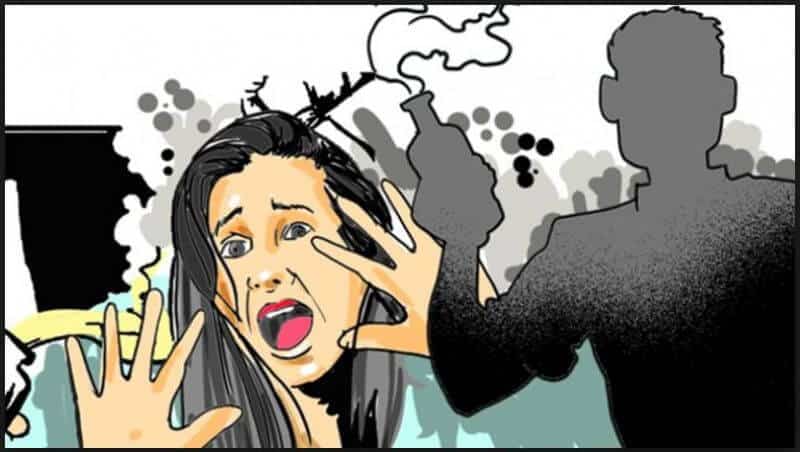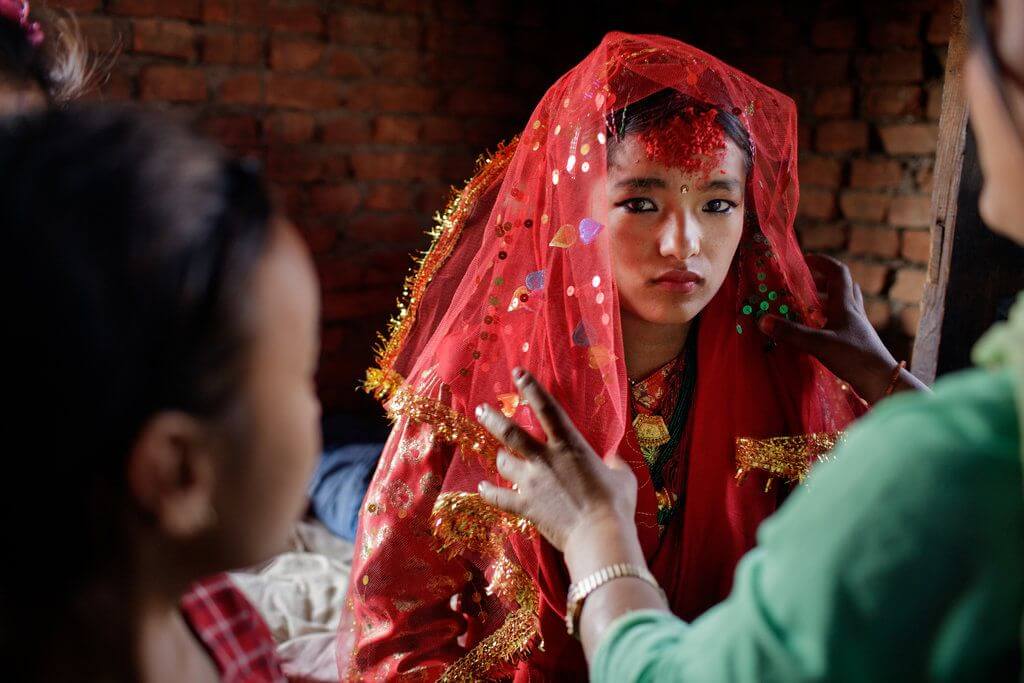Recognizing abuse is the first step to get help
Domestic abuse often escalates from threats and verbal abuse to violence. And while physical injury may be the most obvious danger, the emotional and psychological consequences of domestic abuse are also severe. Emotionally abusive relationships can destroy your self-worth, lead to anxiety and depression and make you feel helpless and alone. No one should have to endure this kind of pain—and your first step to breaking free is recognizing that your situation is harmful. Once you acknowledge the reality of the abusive situation, you can get the help you need.
Signs that you’re in an abusive relationship
There are many signs of an abusive relationship. The most telling sign is fear of your partner. If you feel like you have to walk on eggshells around your partner—constantly watching what you say and do in order to avoid a blow-up—chances are your relationship is unhealthy and toxic. Other signs that you may be in an abusive relationship include a partner who belittles you or tries to control you, feelings of self-loathing, helplessness, and desperation. Abusers use a variety of tactics to manipulate you and exert their power.
Humiliation –
An abuser will do everything he or she can to make you feel bad about yourself or defective in some way. After all, if you believe you’re worthless and that no one else will want you, you’re less likely to leave. Insults, name-calling, shaming, and public put-downs are all weapons of abuse designed to erode your self-esteem and make you feel powerless.
Dominance –
Abusive individuals need to feel in charge of the relationship. They will make decisions for you and your family, tell you what to do, and expect you to obey without question. Your abuser may treat you like a servant, child, or even as his possession.
Isolation –
In order to increase your dependence on him or her, an abusive partner will cut you off from the outside world. He or she may keep you from seeing family or friends, or even prevent you from going to work or school. You may have to ask permission to do anything, go anywhere, or see anyone.
Threats –
Abusers commonly use threats to keep their partners from leaving or to scare them into dropping charges. Your abuser may threaten to hurt or kill you, your children, other family members, or even your pets. He or she may also threaten to commit suicide, le false charges against you, or report you to child services.
Intimidation –
Your abuser may use a variety of intimidation tactics designed to scare you into submission. Such tactics include making threatening looks or gestures, smashing things in front of you, destroying property, hurting your pets, or putting weapons on display. The clear message is that if you don’t obey, there will be violent consequences.To determine whether your relationship is abusive, answer the questions below. The more “yes” answers, the more likely it is that you’re in an abusive relationship.
Do You:
Feel afraid of your partner much of the time?
Avoid certain topics out of fear of angering your partner?
Feel that you can’t do anything right for your partner?
Believe that you deserve to be hurt or mistreated?
Wonder if you’re the one who is crazy?
Feel emotionally numb or helpless?
Your Partner’s belittling behavior or threats
Does your partner:
Humiliate or yell at you?
Putting you down and criticizing you?
Treat you so badly that you’re embarrassed for your friends or family to see?
Ignore or put down your opinions or accomplishments?
Blame you for their own abusive behavior?
See you as property or a sexual object, rather than as a person?
Your partner’s violent behavior or threats?
Does your partner:
Have a bad and unpredictable temper?
Hurt you, or threaten to hurt or kill you?
Threaten to take your children away or harm them?
Threaten to commit suicide if you leave?
Force you to have sex?
Destroy your belongings?
Your partner’s controlling behavior?
Does your partner:
Act excessively jealous and possessive?
Control where you go or what you do?
Keep you from seeing your friends or family?
Limit your access to money, the phone, or the car?
Constantly checking up on you?



